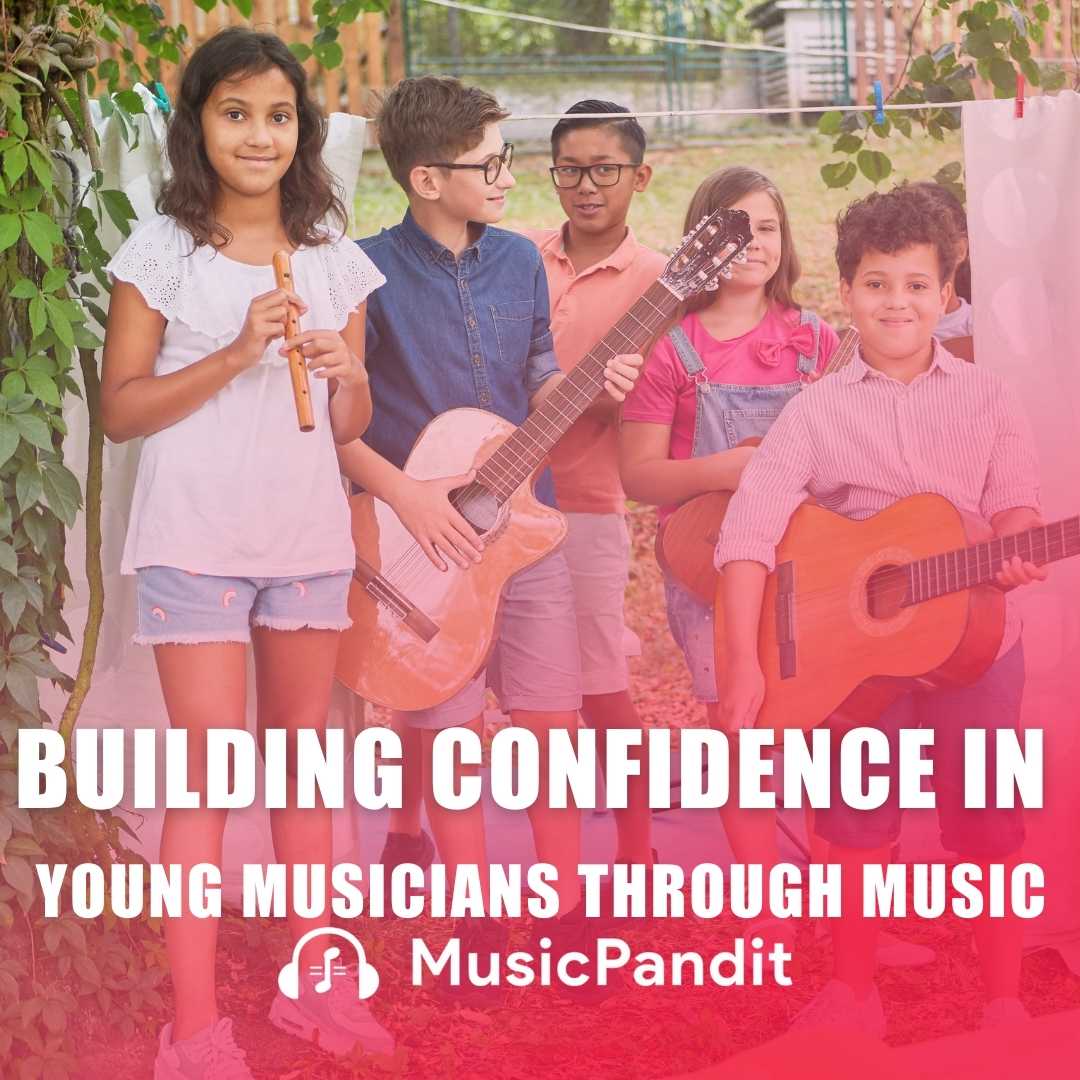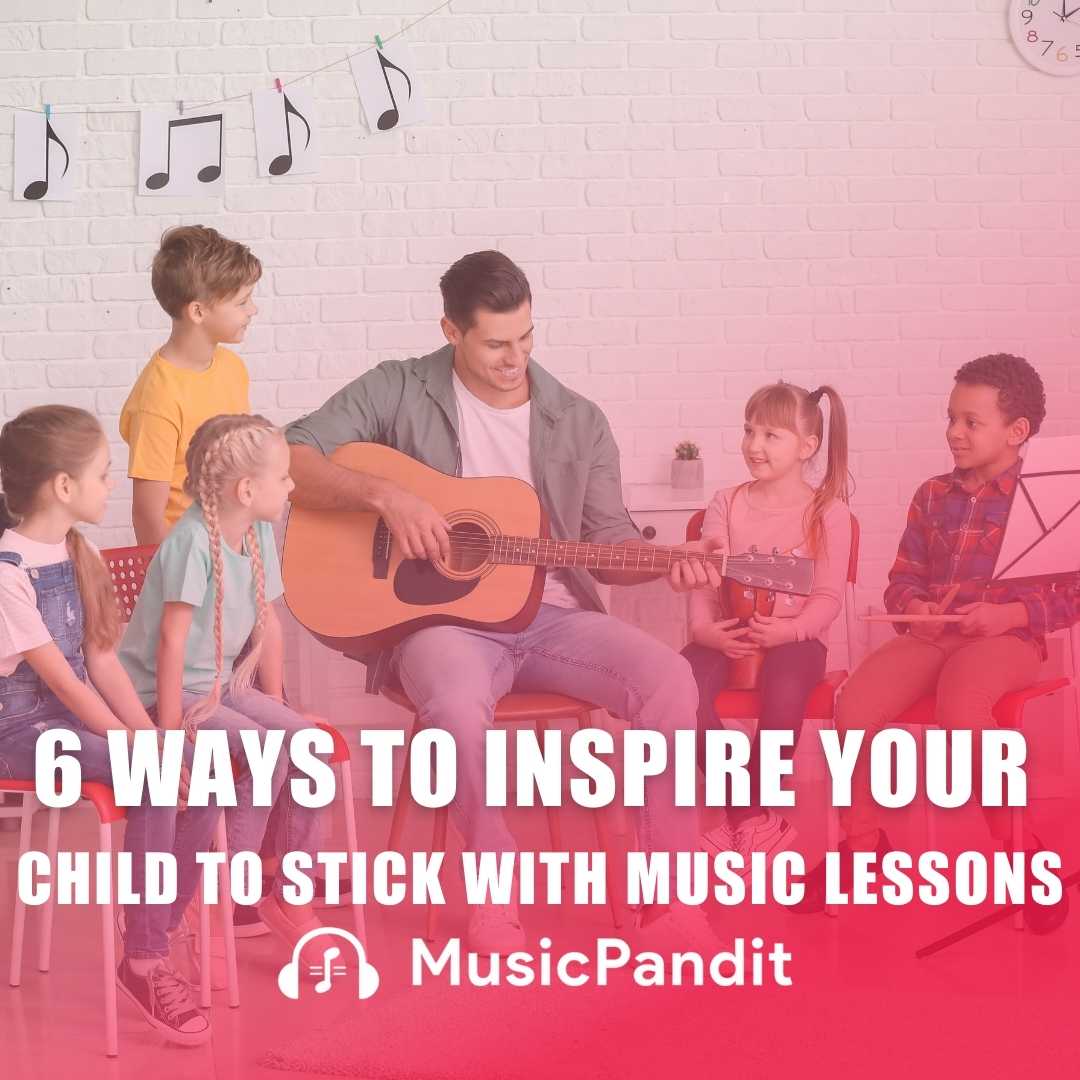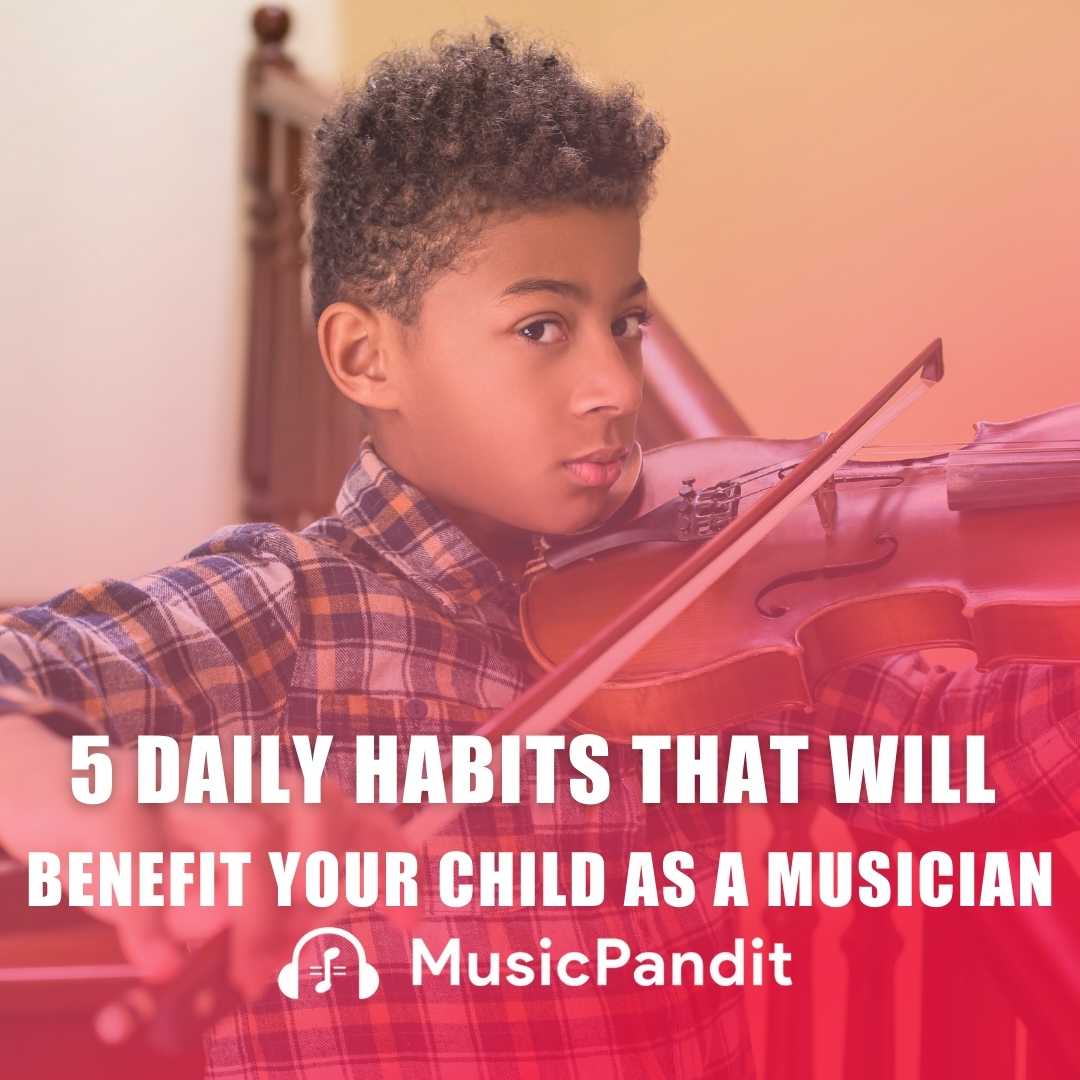Music education has been a crucial part of instructional systems worldwide for centuries. Its inclusion in school curricula has been each praised for its numerous advantages and criticised for its perceived lack of necessity.
In this complete exploration, we delve into the multifaceted aspects of music education to understand its historical importance, contemporary perspectives, benefits for child development, impact on academic performance, and the ongoing debate concerning its mandatory inclusion in educational studies.
Introduction: Exploring the Importance of Music Education
Throughout history, music has been revered as an essential factor of human way of life and expression. In ancient civilizations, music played a pivotal position in spiritual ceremonies, cultural traditions, and storytelling. It was regarded as a method of connecting individuals to their emotions, network, and historical past. Over time, music education advanced, becoming formalised in schools and institutions as a dependent discipline aimed toward nurturing musical skills and appreciation.
In modern days, the talk over the need for music schooling has intensified. Advocates argue that music education offers a myriad of benefits beyond musical proficiency. It enhances cognitive talents, promotes emotional nice-being, fosters social skills, and contributes to overall academic achievement. Moreover, proponents emphasise the intrinsic value of music as a shape of innovative expression and cultural enrichment.
Benefits of Music for Child Development
Music education has been shown to have profound effects on child development throughout various domains.
Cognitive Development
Learning music stimulates brain activity, especially in areas related to memory, attention, and exclusive functions. Children exposed to musical education demonstrate better cognitive capabilities, including improved problem-solving skills and heightened spatial reasoning.
Emotional Well-being
Music has therapeutic results, promoting emotional enhancement , stress reduction, and mood upliftment. It gives a creative outlet for self-expression and introspection, fostering resilience and better mental health in children.
Social Skills Development
Participating in musical activities which includes institution performances or ensemble playing cultivates teamwork, communication, and cooperation skills. It encourages empathy, collaboration, and mutual appreciation amongst peers, contributing to a high quality and inclusive learning surroundings.
The Role of Music in Academic Performance
Numerous studies have highlighted the correlation between song education and academic success.
Enhanced Brain Function
Musical schooling enhances neural connectivity and neuroplasticity, leading to improved brain function and cognitive flexibility. This translates to greater performance in academic subjects, especially mathematics and language arts, where students demonstrate better stages of skill ability and problem-solving abilities.
Cross-Disciplinary Benefits
The abilities received through music education, inclusive of subject, perseverance, and attention to detail, are transferable to other areas of learning. Students develop a growth mind-set and an ardour for non-stop improvement, that are important for academic success and lifetime learning.
Long-term Academic Success
Early exposure to music is related to long-term academic fulfilment, consisting of better graduation rates, university enrollment, and career readiness. It instilled a experience of discipline, willpower, and intention orientation that are instrumental in reaching educational and professional milestones.
Should Music Education Be Mandatory?
The debate over whether or not music training must be obligatory hinges on numerous key concerns.
Equity and Access
Mandatory schooling ensures equitable right of entry for all students, irrespective of their socioeconomic heritage or geographic vicinity. It promotes inclusivity and variety with the aid of exposing children to a wide range of musical genres, patterns, and cultural traditions.
Cultural Diversity
Music training fosters cultural appreciation and expertise via celebrating the rich diversity of musical expressions internationally. It encourages children to discover different musical traditions, devices, and performance practices, broadening their cultural horizons and nurturing worldwide citizenship.
Educational Policy Implications
Implementing compulsory music education calls for strategic planning, collaboration amongst stakeholders, and allocation of resources. Educational guidelines have to prioritise music education as a core factor of a well-rounded curriculum, offering adequate funding, qualified teachers, and infrastructure guidance to ensure its effectiveness and sustainability.
Alternatives to Mandatory Music Education
While music learning has its merits, few alternative ways can also promote musical learning and appreciation.
Elective Programs
Offering music as an elective lets in students to pick out their degree of involvement primarily based on hobby and aptitude. It gives flexibility at the same time as nonetheless exposing students to the benefits of music education, catering to various mastering styles and preferences.
Interdisciplinary Integration
Integrating music into other subjects, consisting of history, literature, or science, elevates interdisciplinary learning and fosters connections among various areas of study. It promotes a holistic academic enjoyment that integrates creative and analytical questioning, encouraging students to make meaningful connections across disciplines.
Community Partnerships
Collaborating with network organisations, music schools, or expert musicians enriches music education courses with the aid of presenting real-world experience and mentorship possibilities. It expands students’ exposure to numerous musical knowledge and career pathways, inspiring diligent commitment towards music.
Challenges and Considerations
Implementing mandatory music learning also comes with its share of challenges and issues.
Resource Allocation
Adequate investment, system, and facilities are important for the success of music educational courses. Addressing resource constraints and budgetary limitations is crucial to providing quality musical instruction and ensuring access for all students.
Teacher Training and Support
Ongoing professional development, mentorship, and guidance for music educators are essential to enhance teaching effectiveness, student engagement, and application sustainability. Investing in instructor training and capacity-building tasks strengthens the program and fosters a culture of continuous improvement.
Curriculum Alignment
Aligning curriculum with academic requirements, learning goals, and assessment practices is critical for educational rigour, duty, and coherence throughout grade ranges. Collaborating with curriculum specialists, assessment experts, and educational policymakers guarantees that music schooling remains relevant, impactful, and included within the broader educational framework.
Conclusion
In conclusion, the debate over whether learning music should be mandatory for children encompasses a comprehensive analysis of its historical significance, cognitive and emotional benefits, impact on academic performance, policy implications, and alternative approaches. While mandatory music education promotes equity, cultural diversity, and academic success, alternative pathways such as elective programs, interdisciplinary integration, and community partnerships offer flexible and innovative ways to foster musical learning and appreciation.
Ultimately, the goal is to provide every child with opportunities to explore music, develop their talents, and experience the transformative power of music education in shaping well-rounded individuals and contributing to vibrant, inclusive communities.














